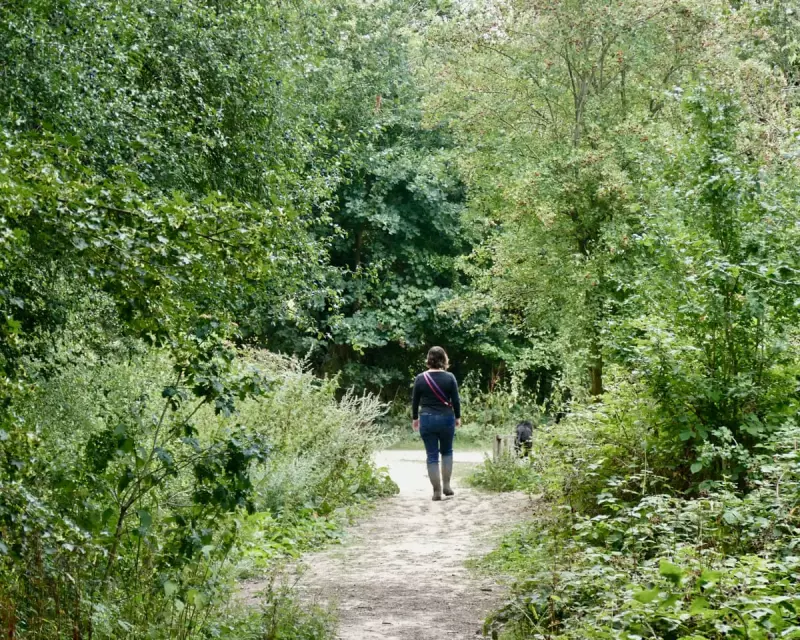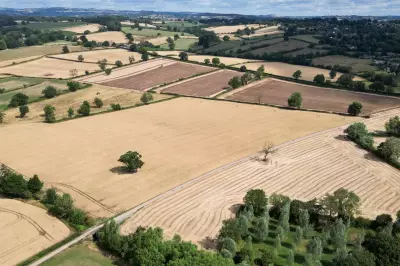
A startling new study has uncovered that humanity's connection to nature has deteriorated by a staggering 60% over the past two centuries. The research, published in a leading scientific journal, paints a concerning picture of our growing disengagement from the natural world.
The Great Disconnect
Researchers analysed historical records, literature, and cultural artefacts to track how human-nature interactions have evolved since the early 19th century. Their findings reveal a dramatic shift coinciding with industrialisation and urbanisation.
Key Findings:
- 60% reduction in nature-related vocabulary in books and media
- 75% decline in nature-based recreational activities
- 80% decrease in direct knowledge of local flora and fauna
Modern Lifestyle to Blame
The study identifies several modern lifestyle factors contributing to this decline:
- Urban living separating people from natural environments
- Increased screen time replacing outdoor activities
- Loss of traditional ecological knowledge
- Commodification of nature experiences
Implications for Society
This growing nature deficit has serious consequences:
Environmental Impact: Reduced connection leads to less support for conservation efforts.
Health Concerns: Studies link nature deprivation to increased stress and mental health issues.
Educational Gaps: Younger generations show declining knowledge of basic ecological concepts.
A Call to Action
Researchers urge policymakers to prioritise:
- Urban green space development
- Nature-based education programmes
- Workplace initiatives promoting outdoor time
The study concludes that rebuilding our relationship with nature is crucial for both environmental sustainability and human wellbeing in the 21st century.





